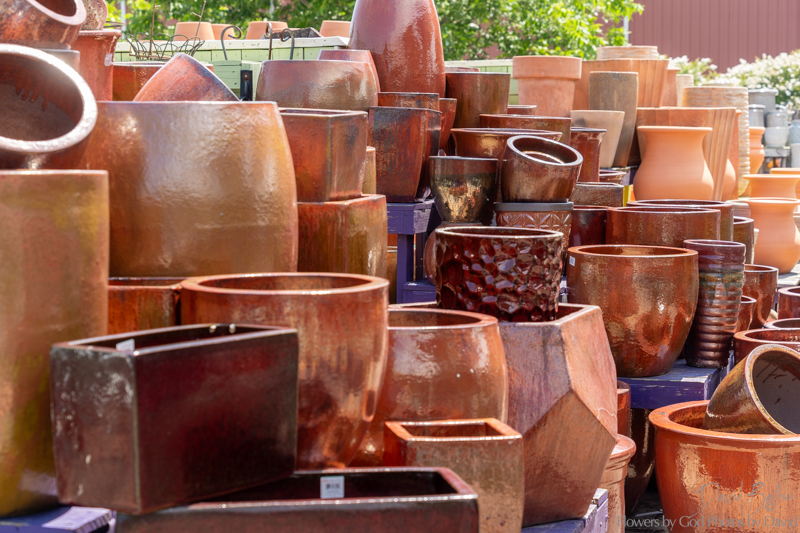When we had come to Jerusalem, the brothers received us gladly. 18 On the following day Paul went in with us to James, and all the elders were present. 19 After greeting them, he related one by one the things that God had done among the Gentiles through his ministry. 20 And when they heard it, they glorified God. And they said to him, “You see, brother, how many thousands there are among the Jews of those who have believed. They are all zealous for the law, 21 and they have been told about you that you teach all the Jews who are among the Gentiles to forsake Moses, telling them not to circumcise their children or walk according to our customs. 22 What then is to be done? They will certainly hear that you have come. 23 Do therefore what we tell you. We have four men who are under a vow; 24 take these men and purify yourself along with them and pay their expenses, so that they may shave their heads. Thus all will know that there is nothing in what they have been told about you, but that you yourself also live in observance of the law. 25 But as for the Gentiles who have believed, we have sent a letter with our judgment that they should abstain from what has been sacrificed to idols, and from blood, and from what has been strangled, and from sexual immorality.” 26 Then Paul took the men, and the next day he purified himself along with them and went into the temple, giving notice when the days of purification would be fulfilled and the offering presented for each one of them.
“We don’t have those here.” I wish I could remember the exact context of that comment. Might have been when I tried to buy some live bait when we went fishing with our grandchildren. Could have been when I was looking for a certain kind of hardware item. But in either case, the reality was clear. What I wanted to buy was not available.
I’m reminded of this as I think of the shaven heads and vows surrounding Paul’s experience in Jerusalem. The Lutheran Study Bible [see citing below] notes:
For various reasons, the Jews periodically put themselves under a vow (cf Numbers 6:1-21). [They then quote Martin Luther] “We are not to swear in support of evil, that is, to support falsehood, or to swear when there is no need or use. But we should swear for the support of good and the advantage of our neighbor. For such swearing is truly a good work, by which God is praised, truth and right are established, falsehood is refuted, peace is made among men, obedience is rendered, and quarrels are settled” (LC I 66).
So while we don’t have those kinds of vows here, we do have occasions when we must show the sincerity of our beliefs and intentions. It’s more than putting earnest money or a deposit down when we buy or rent a house. It is like saying, “I do,” or “I promise with the help of God,” or I so promise, so help me God.” And keep these promises we must!
PS: This is being published on our 49th wedding anniversary. God’s grace has been abundant to us and we rejoice in his faithfulness to us all these years.
Above excerpt from The Lutheran Study Bible
© 2009 Concordia Publishing House
Scripture text © ESV
Material may be protected by copyright
Available in the App Store











